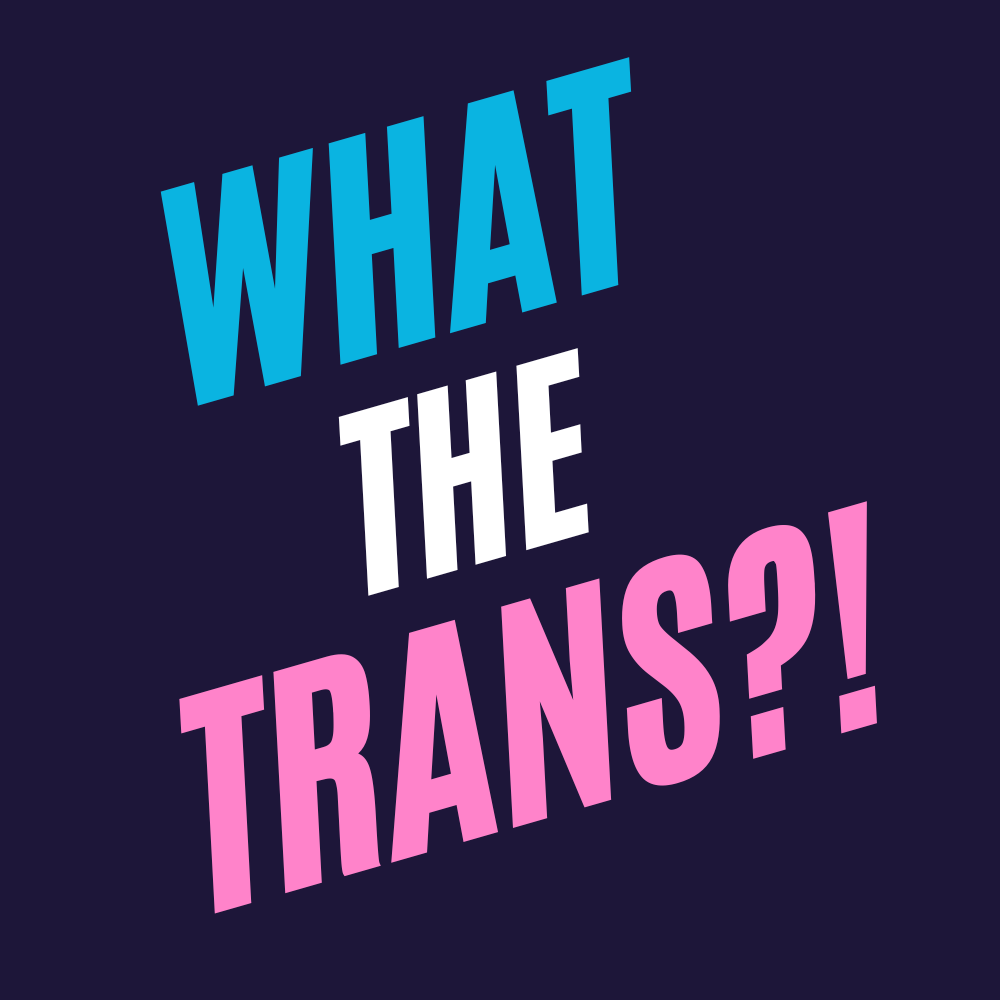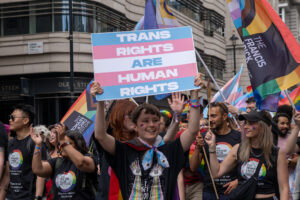LGBTQ+ Networks are back in the spotlight in certain circles following a tweet on the subject by Maya Forstater. The self-proclaimed ‘gender critic’, who does not identify as part of the LGBTQ+ community, posted on X (formerly Twitter) on Tuesday:
“Having an LGBT(QIA+) network is something that employers do for Stonewall points. These networks are not self-organised. Their terms of reference are submitted to Stonewall for approval and their activity is marked to gain Stonewall points.”
The post was referencing an extract from Stonewall’s Workplace Equality Index, which provides a benchmarking tool for employers to measure their progress on lesbian, gay, bi and trans inclusion in the workplace. LGBTQ+ people have been quick to share their own experiences of staff networks. Their personal stories show that the reality is far removed from Maya’s claims.
Far from being a tick-boxing exercise, many networks are set up by a need from employees to have a safe and empowering space for inclusivity – a message shared by the people I spoke to.
One reader commented with their own experience, “The initial impetus for creating staff networks came from management but the actual implementation was very much at the staff level with us deciding what we wanted and how we were going to run things.”
Countering the point of networks being ‘point scoring exercises’, they continued, “Staff Networks only work if there is real buy-in from management. Otherwise it becomes really difficult to get word out of its existence. It often feels like the networks (and I don’t mean just the LGBT+ networks) are easily forgotten and allowed to drop by the wayside when times get hard.”
They went on to describe the positive impact having an LGBTQ+ network has had on their organisation, “Those who attend definitely feel more supported and able to find out more information. It has been quite influential in the creation of some policies – transitioning at work, a stronger bullying policy and a new sexual safety at work policy.”
Another reader gave shared their experience of working with a staff network and expressed the importance of support from management: “(The LGBTQ+ network) is completely self organised which limits activity as people have to juggle their work responsibilities alongside the forums, as well as their managers attitudes (either supportive or critical of their involvement.) Sharing experiences across ages and job roles is an invaluable opportunity…however without the proper support and resourcing from employers, staff forums become yet another space of false hope for marginalised people.
A common comment also raised by the people I spoke to is the wariness of some employers in being associated with Stonewall for fear of being the target of pressure from the ‘gender critical’ movement. In my own experience, any mention of working with Stonewall was met with pushback, which meant staff had to put even more work in to provide the right and necessary inclusivity tools. It should, of course, be pointed out that other organisations offer similar services but are not the target of the campaign of misinformation and hatred from the gender critical movement.
Others have described the effort they are making to ensure their workplaces remain affiliated with Stonewall with one reader commenting, “I am determined that (we) remain affiliated and I’m pushing that we actually use them to help us at least in part because to drop out feels like caving in to pressure from the gender critical elements.”
Geoffrey, who works in healthcare, shared his experience of setting up an LGBTQ+ network that worked with Stonewall and the benefits it provided – “It was self organised by me and I looked at what I believed was needed and talked to friends who were LBGTQ+. We worked with Stonewall on the top 100 employers programme. It was so worthwhile and especially for our transgender staff.”
I also spoke to an employee who works for a large media organisation here in the UK, they wanted to stress how the LGBTQ+ network there had become more trans inclusive in recent years, “(the network) has been around at least since the 90s. It used to be quite trans hostile decades ago. Nowadays it’s universally accepting of all queer people”.
Responding to Forstater’s post they added, “The network has never had any connection with Stonewall, but organisation itself withdrew from the Stonewall Diversity Champions programme after some confected outrage by the rightwing media.”
Campaign group, Charity So Straight www.charitysostraight.org.uk, who campaign to make charity workplaces more LGBTQ+ workplaces more inclusive had this to say in response to Forstater’s post: “Many charities have their own networks that have developed out of necessity, and have developed organically, led by staff rather than been imposed on them by senior management.”
Ellie Lowther, whose not-for-profit organisation (www.ellielowthercollective.org.uk) delivers bespoke inclusion training to companies told me “Even without Stonewall, oppressed people will still come together and seek out community”. She pointed out that Stonewall is not the only organisation who provides frameworks to staff networks. Frameworks that are necessary to provide the tools needed. “I’m not affiliated with Stonewall but I would stand shoulder-to-shoulder with them to continue to provide the services they do”.
In one of my own previous employments I had to raise the idea of an LGBTQ+ staff network many times before management took the idea seriously. I had to self-organise and create the safe space that was desperately needed without senior management support at the outset.
From personal experience, setting up an LGBTQ+ staff network is hard work and usually the staff themselves are the driving force. For an outsider to claim otherwise ignores the hard work put in by individuals to create and maintain networks that empower, inform and educate entire workplaces. The personal stories shared also give a clear picture that even without guidance and frameworks from external providers, staff will always seek community and will self-organise.






